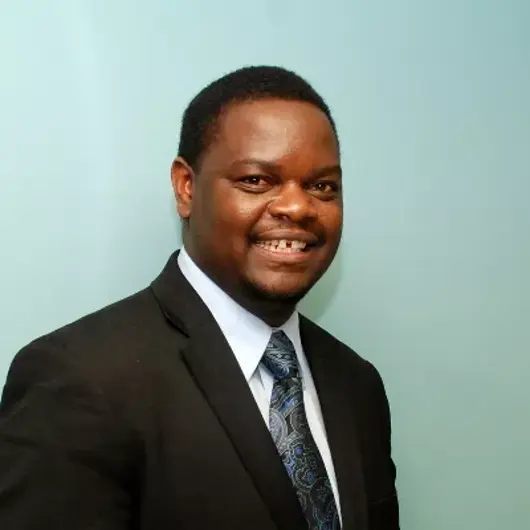Illicit drug use is an enormous social problem in South Africa. Some estimates indicate that the use of illegal drugs in the country is twice the world norm. A lot of time and money has been spent in trying to stop the use of “dangerous drugs.” The government and non-governmental organisations, through their various structures at local community and national levels, have been working tirelessly to create a drug free society. However, despite the noticeable spirited efforts by different stakeholders, the unlawful use of drugs still persists in the country, alas, at an increasing rate. What could the reason for this be?
An analysis of existing academic and non-academic literature shows that the so-called “war on drugs” tends to concentrate on criminalising and arresting illicit drug users and dealers. For example, a community newspaper in Krugersdorp reported, in a celebratory mood, the arrest of 20 068 people in the Gauteng province for drug-related crimes. The newspaper cited the Gauteng police spokesperson, Brigadier Neville Malila, as saying, “We are seeing a noticeable reduction in drug dealing in certain parts of the province as more and more people are coming forward with information.” The Gauteng police spokesperson accredited this “success” to the Drug Watch Programme that was commenced in Gauteng in June of this year.
As a critical analyst, I am very sceptical of these “successes.” In my view, arresting drug users and dealers will not solve the drug problem in South Africa or anywhere in the world. Such an approach constitutes what is referred to as criminalisation in academic circles. While the criminalisation approach may lead to the reduction of drug dealing as observed in the Gauteng example, these positive results are often short-lived. Such an approach does not address the underlying structural and individual issues that predispose or push people into using and/or dealing in illicit drugs. Research indicates that people who use or sell drugs do so in order to escape from or cope with various psychological, social, economic, and cultural insecurities such as unemployment, depression, divorce, poverty, homelessness, and so on. While there is no doubt that there is a positive correlation between illicit drug use and crime, it is not strategic to target drug users and dealers as criminals without addressing the factors that lead people into drugs in the first place.
My considered view is that illicit drug use is a symptom of deeper problems of human insecurity in our communities. Hence, the starting point to reduce and ultimately stop the use of dangerous drugs lies not in arresting drug users and dealers but in improving and securing human livelihoods. The assumption that drug users are criminals is questionable. While it is true that drug use may lead to criminal behaviours, an alternative way of looking at this issue is to employ the human security approach. While agreeing with the view that there is a positive drug-crime link, the human security approach suggests that drug use is not always criminal in purpose. Drug use may be evidence of more serious long-term challenges of human insecurity, poverty, and underdevelopment. It is well-documented that usually drug dealers tend to exploit community vulnerabilities such as unemployment, weakness of law enforcement structures, and endemic corruption.
Thus, rather than responding to the illicit use of drugs through rapid raids and arrests, it might be more productive to do the raids coupled with creating alternative sustainable forms of livelihoods and strengthening governance structures. The human security approach to combating drugs moves beyond criminalisation and repressive measures directed at producers, traffickers and consumers of illegal drugs to addressing complex security issues that aggravates problems of human insecurity through building strong and resilient families and communities.
Overall, criminalising social behaviours and practices that do not directly infringe on other people’s human rights has not yielded lasting positive results anywhere in the world. For example, the criminalisation of prostitution and homosexuality has been discredited in many progressive democratic countries. Perhaps, it is high time that South Africa learn from other progressive countries such as Portugal and the United States of America that have decriminalised or are in the process of decriminalising the use of drugs such as marijuana.



